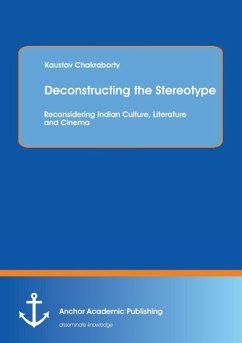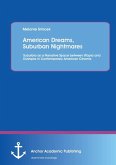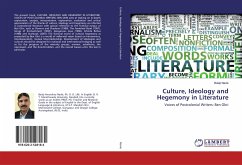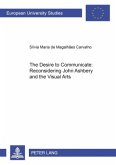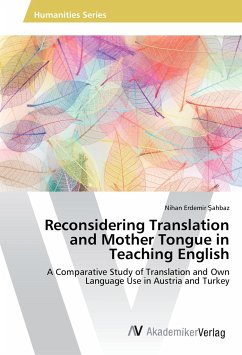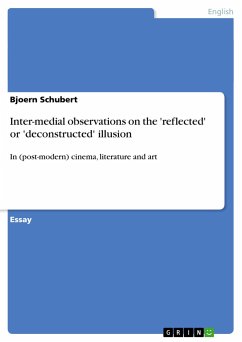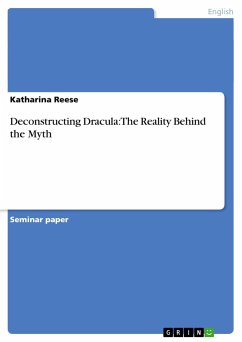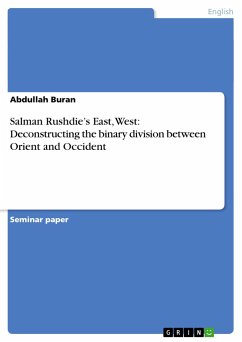Stereotypes are mere pictures in our heads . Prejudice and suspicion against all that is perceived of as different give rise to cultural stereotypes. Creating stereotypes also involves connecting the created categories with values, equipping the categories with an ideational label. Thus, stereotypes often contain the presupposition that one s own group represents the normal, or even universal and that one s own culture and its socially construed concepts of reality is superior and normative in relation to other cultures and world-views. The stereotypes are not just one person s private attitude but are always shared with a larger socio-cultural group. Stereotypes result in simplifications that prevent people from seeing the otherized individuals as they truly are. This book, aims at transgressing the boundaries of the strategically generated stereotyped image of a homogenous Indian culture. Rather, by highlighting the marginalised issues related to class, caste and gender, this book, by citing examples of select Indian literary and cinematic representations, argues that the stigma related to the non-conformist /alternative/minority identities, is baseless and fraudulent.
Bitte wählen Sie Ihr Anliegen aus.
Rechnungen
Retourenschein anfordern
Bestellstatus
Storno

